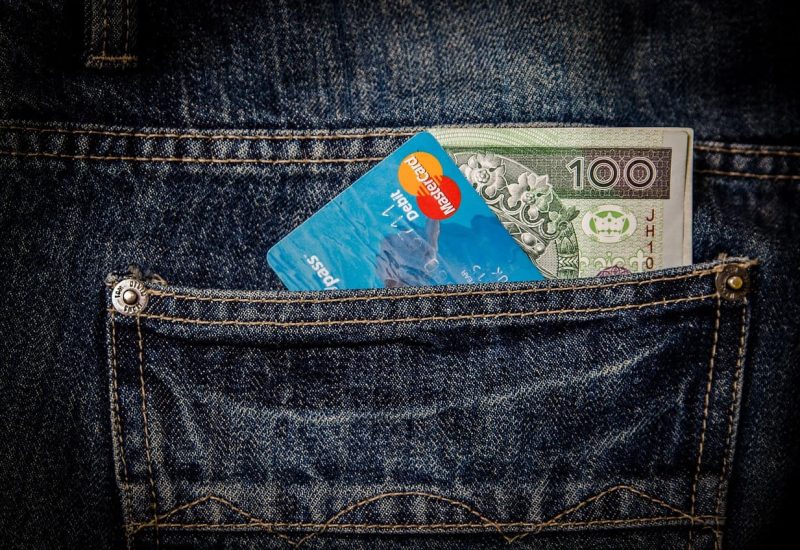Many Europeans are environmentally conscious, but that does not mean they live sustainable lives.

Europeans have a vast ecological footprint
Many Europeans pride themselves on being environmentally conscious, but that does not mean they live sustainable lives. Far from it.
Europeans are consuming natural resources at such a pace that if everyone around the planet had the same level of consumption, people would already have used up more resources, from food to timber, this year than Earth’s ecosystems can generate in a year. That is to say, we would need nearly three Earth-size planets to sustain similarly lavish lifestyles for the more than seven billion people alive today.
The same goes for Americans and Chinese people, who are just as collectively wasteful with resources as Europeans are, according to a global map by the Global Footprint Network, which tracts consumption habits worldwide in a joint project with the World Wide Fund for Nature.
Earth Overshoot Day is a date on which people consumption of natural resources in a year comes to exceed the planet’s capacity to regenerate those resources that same year. Last year the date fell on August 1, which means that the last five months of 2018 were spent on depleting natural resources beyond Earth’s natural capacity to produce those resources. This excess use has been dubbed “overshoot.”
 This year for Europe that “overshoot” day was yesterday, on May 10. “EU Overshoot Day is a stark reminder that EU consumption is contributing to the Earth’s looming ecological and climate collapse,” Ester Asin, director of WWF’s European policy office, said in a statement.
This year for Europe that “overshoot” day was yesterday, on May 10. “EU Overshoot Day is a stark reminder that EU consumption is contributing to the Earth’s looming ecological and climate collapse,” Ester Asin, director of WWF’s European policy office, said in a statement.
“This is not only irresponsible, it is outright dangerous,” Asin added. “Urgent action is needed, and EU leaders must summon the political will to treat this situation as an emergency and set us on a path towards a sustainable future for Europe.”
The consequences of ecological overshoot include biodiversity loss, deforestation, overfishing, freshwater shortages, air pollution and climate change. “These threats in turn bring about tensions and conflicts, and exacerbate global inequalities,” the WWF says.
The European Union’s collective ecological footprint is the world’s third-highest, behind the United States and China. Although Europeans account for only 7% of the world’s population, they exploit a fifth of global biocapacity. They do so, particularly through importing vast quantities of environmentally destructive products such as palm oil, soy, cocoa and rubber from Southeast Asia, South America and Africa where the cultivation of these crops has taken a massive environmental toll
“We are running a pyramid scheme, taking resources from the future to run today’s economy,” stressed Mathis Wackernagel, founder and president of the Global Footprint Network. “It needs no reminder that this is risky for Europe’s prosperity.”
Wackernagel recommends treating natural resources as valuable planetary commodities so that we can preserve them better for posterity. “As we do for finances, we need careful accounting on the resource side as well. We need to know how much nature we use and how much we have,” he said. “We have choices. Choosing to deplete our future does not serve us.”








